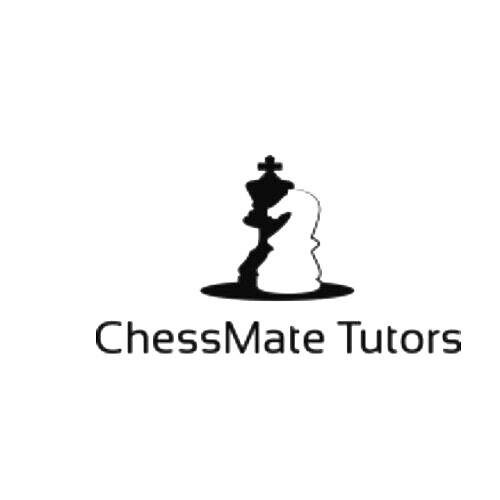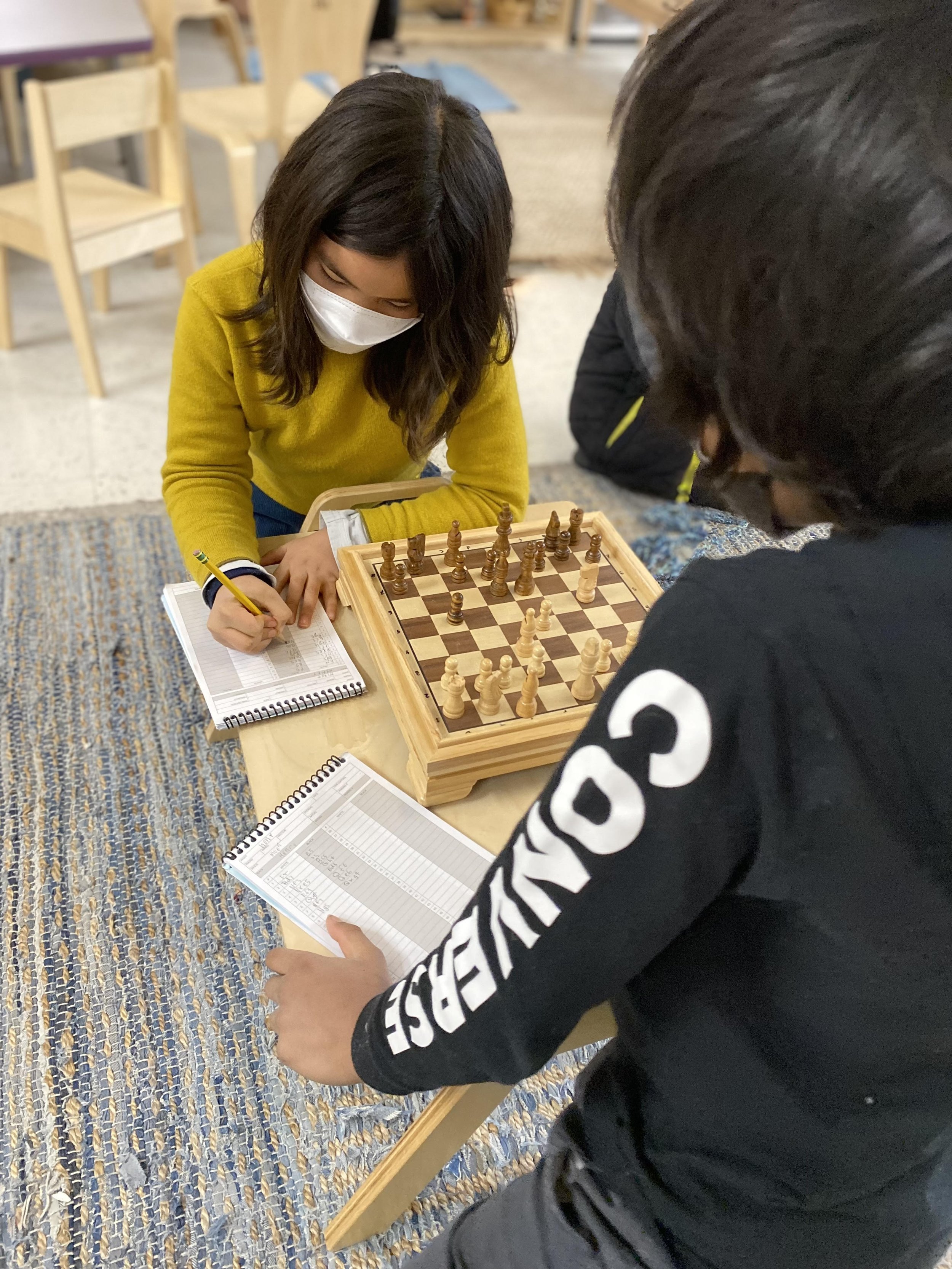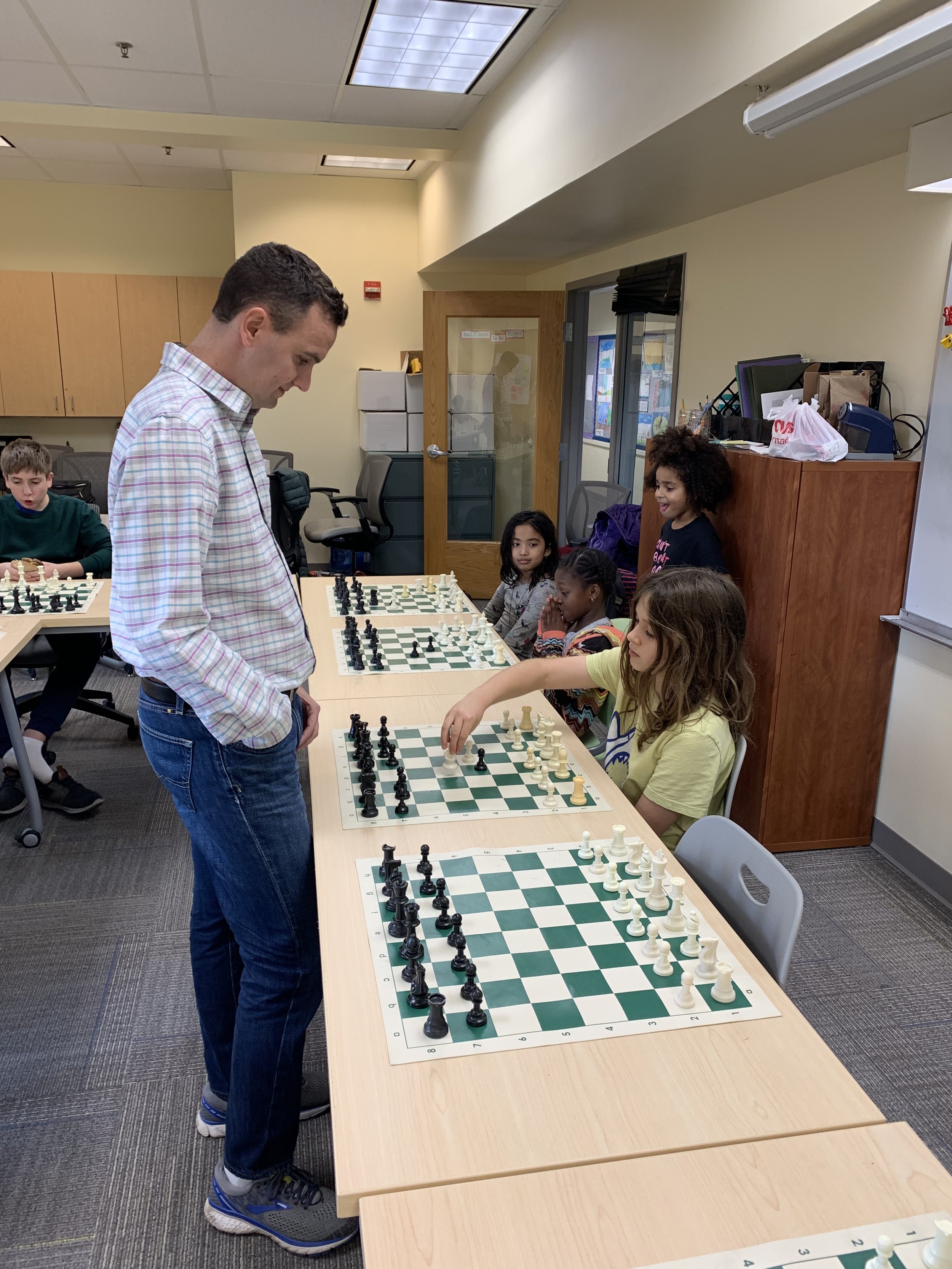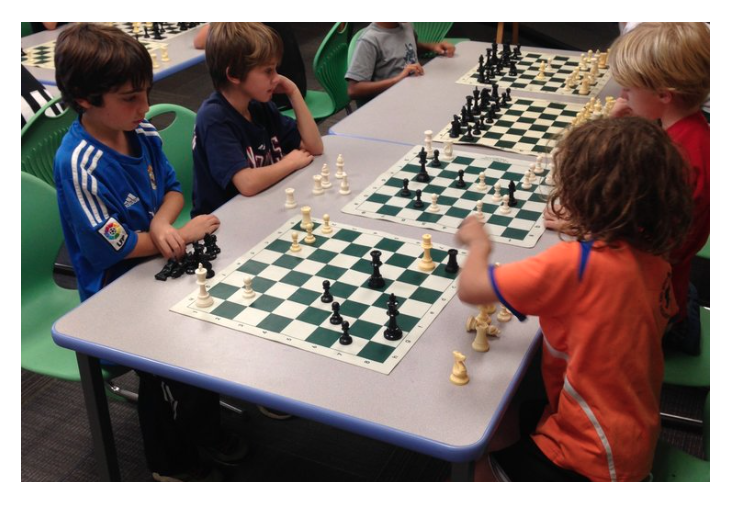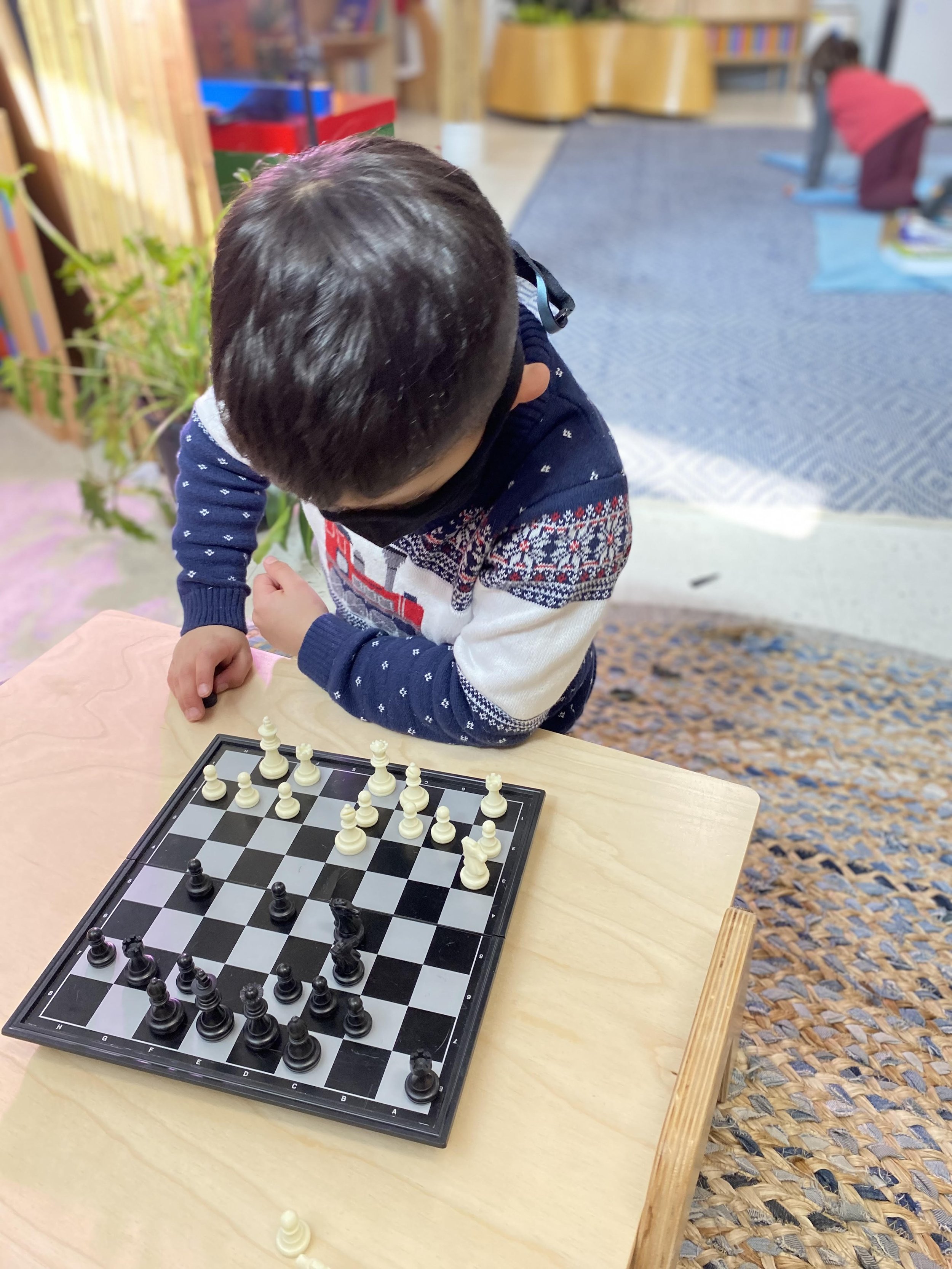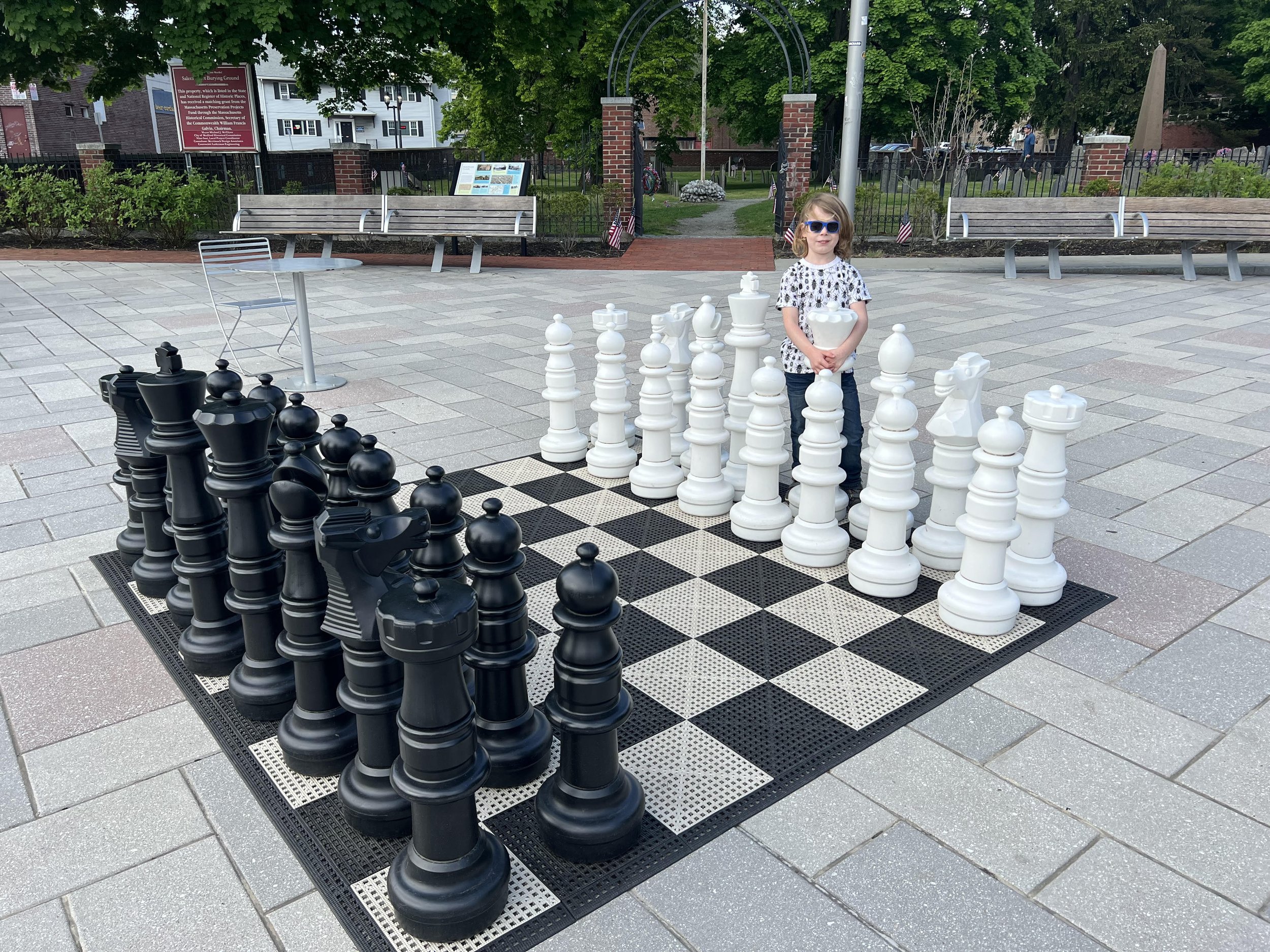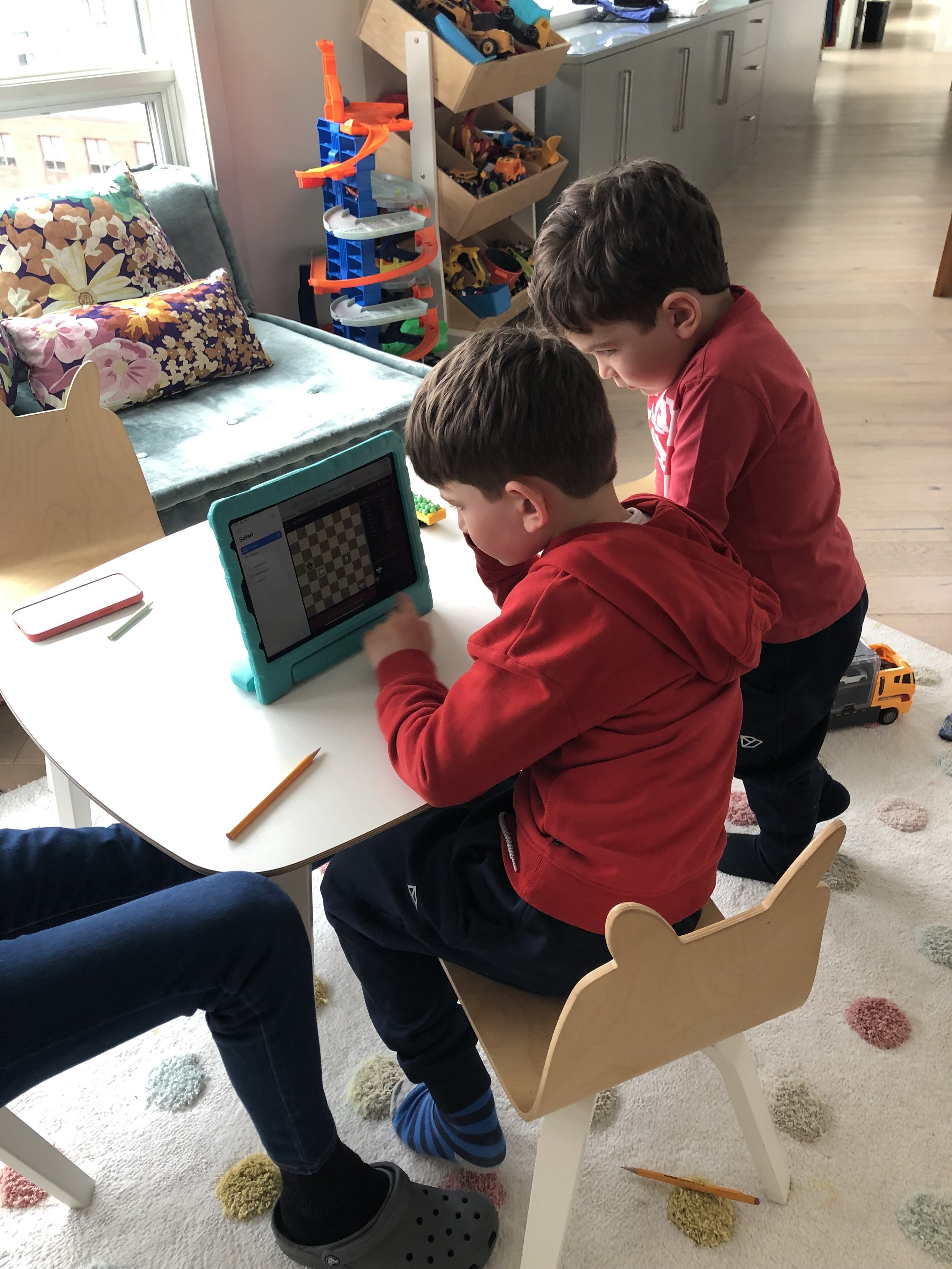Chess Research
In the United States, schools, teachers and politicians are recognizing more and more the importance of integrating chess into the standards-based curriculum. States like New York, Idaho and New Jersey have chess as an integrated part of their curriculum. In 1992, New Jersey Governor Jim Florio signed into law a bill to establish chess instruction in public elementary schools. The bill states, "In countries where chess is offered widely in schools, students exhibit excellence in the ability to recognize complex patterns and consequently excel in math and science."
Research has shown that teaching chess to young students increases academic achievement. For example, the Venezuela "Learning to Think Project," which trained 100,000 teachers to teach thinking skills and involved a sample of 4,266 second grade students, reached a general conclusion that teaching chess increases the IQ in elementary-age children regardless of gender or socio-economic level.
In 1991 and 1996, Stuart M. Marguiles, Ph.D.; a noted educational psychologist , conducted two studies examining the effects of chess on children's reading scores. The studies demonstrated that students who participated in the chess program showed improved scores on standardized tests. The gains were even greater among children with low or average initial scores. Children who were in the non-chess playing control group showed no gains.
Another study, held in 1999, measured the impact of chess on the emotional intelligence of fifth graders. The results of the study were striking. The overall success rate in handling real life situations with emotional intelligence was 91.4% for the children who participated in a New-York based chess program called Chess-In-The-Schools. In contrast, those who were not involved with the chess program had an average overall success rate of only 64.4%.
As research has shown, learning the game of chess develops students' analytical and decision making skills, which they can transfer to real life. One research study showed that after chess was incorporated into the math curriculum in New Brunswick, Canada in grades 2-7, the average problem-solving score increased from 62% to 81%.
In addition to the academic benefits of chess, learning the game has also been shown to improve social skills. At one New York City School, suspensions and altercations decreased by at least 60% after a chess program was established.
Chess is played everyday around the world and brings people of different cultures and backgrounds together. Chess is integrated into the curriculum of over 30 countries.
Chess helps students improve their mental abilities, such as:
Problem Solving
Critical Thinking
Pattern Recognition
Planning Ahead
Spatial Awareness
Focus and Concentration
Mental Agility
Self-Confidence
Helpful Links
Below are a list of some useful links related to chess
http://www.masschess.org
https://www.chess.com
http://chessctr.org
https://www.chesskid.com
https://chessne.com
https://lichess.org
https://chess4life.com
https://new.uschess.org/home
https://www.chessfoundations.org
“I play chess about four hours a day in training camp. You have to decide what move to use, or what combination of moves. I think less when I box because the reaction time is a lot quicker, but some people call me the chess boxer because they say I think too much in the ring.”
-Lennox Lewis, World Heavyweight Boxing Champion
